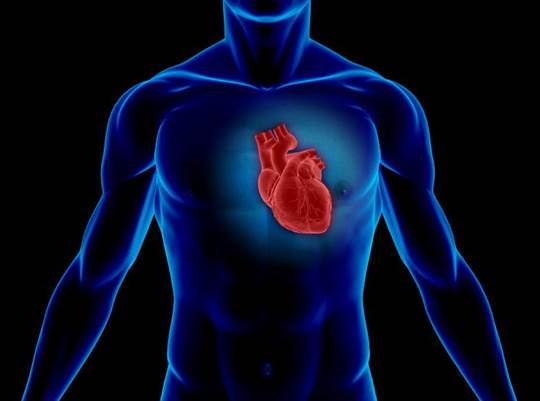Some simple tests can help you work out how healthy you are.
And best of all, you can do them at home so they won’t cost you a cent
Test 1
To check…your risk of heart attack
Try... measuring your resting heart rate. The best time to
do it is in the morning, before you get out of bed. Press your index and middle
fingers (not your thumb) just below the ‘fat pad’ of the thumb on your opposite
wrist. Count the number of beats in 15 seconds and multiply by four.
Start worrying if
Yours is consistently higher than 76 beats per minute (and
you’re not pregnant, which naturally increases a woman’s heart rate).

Yours is
consistently higher than 76 beats per minute
Why it works
Because the resting heart rate is a decent predictor of
heart attack in women, regardless of things like physical activity, smoking
status and other risk factors. That’s according to US researchers who
discovered that women who had resting heart rates above 76 over a number of
years were 26 per cent more likely to have a heart attack than women with heart
rates below 62.
Take action
Resting heart rate is a measure of how fit you are, so
doing more exercise should help lower it. Relaxation techniques, which help you
de-stress, might also work in the long term. But if you’re worried or discover
that your run-a-marathon training hasn’t done the trick, talk to your GP.
Test 2
To check…your bowel’s health
Try... Eating a meal that involves corn – specifically one
that means eating whole corn kernels (like corn on the cob or tinned corn)
rather than pureed corn.
Start worrying if
You don’t see ‘yellow’ in your bowel movements within about
48 hours.
Why it works
The yellow outer ‘husk’ of a corn kernel isn’t easily
digested, so some of them will stay intact as they make their way through your
intestines. And that’s good news if you want to monitor your ‘bowel transit
time’. Anything up to 48 hours is considered normal, but if it creeps into the
next day then it’s on the slow side. It could mean you’re not eating enough
fiber, which not only helps keep bowel movements ‘regular’, it also delivers
antioxidants to the large bowel to help protect against bowel cancer.

It also delivers
antioxidants to the large bowel to help protect against bowel cancer.
Take action
Start eating more fiber – something most Australians don’t
have enough of. Find it in wholegrain breads and cereals, nuts and seeds, fruit
and vegies, and legumes such as peas.